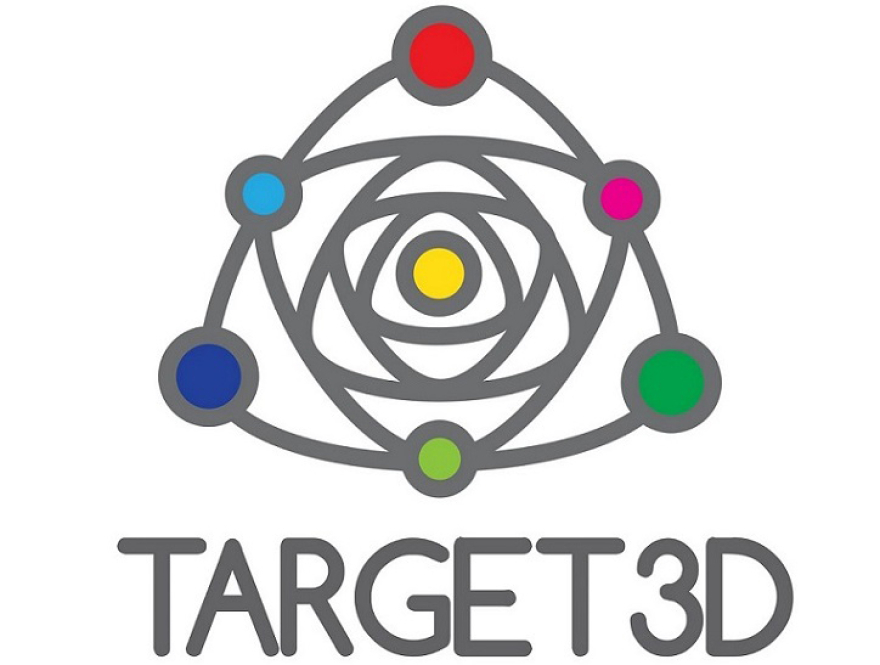The use of a highly potent interferon (IFN)‐sparing drug combination in the setting of recently acquired hepatitis C virus (HCV) infection is hypothesised to result in the vast majority of patients achieving sustained virologic response (SVR). Mathematical modelling suggests that rapid on‐treatment second‐phase viral decline could permit shorter treatment durations; this rapid decline is achieved with both HCV NS3/4A protease inhibitors and NS5A inhibitors. In this setting, it is anticipated that direct-acting antiviral (DAA) treatment duration in recent HCV infection could be shortened related to that used in established chronic infection, with use of a potent dual‐ or triple‐class DAA regimen including an HCV NS3/4A protease inhibitor and/or NS5A inhibitor (with or without a nucleotide analogue). A short course IFN‐free strategy is likely to be highly attractive to both patients and clinicians and if proven may further encourage early HCV testing and diagnosis.
TARGET3D is an open label, multicentre, international pilot study of paritaprevir/ritonavir, ombitasvir, dasabuvir with or without ribavirin or glecaprevir/pibrentasvir for people with recently acquired hepatitis C virus infection with or without HIV coinfection. This study examines a new treatment regimen of DAA in people with recently acquired hepatitis C infection. The safety, efficacy and feasibility of the new AbbVie "3D" regimens paritaprevir/ritonavir/ombitasvir, dasabuvir with or without ribavirin will be explored for 8 weeks in Cohort 1; and 6 weeks treatment with glecaprevir/pibrentasvir in Cohort 2, then shortened to 4 weeks treatment with glecaprevir/pibrentasvir in Cohort 3.
The study consists of a screening phase (4 to 12 weeks), a treatment phase (4 or 8 weeks), an early follow-up phase (1, 3 and 6 months after the end of treatment) and a long term follow-up phase (annually, until 4 years).
Participants will be recruited from Australia, New Zealand and United Kingdom. The study evaluates the proportion of treated subjects (intention to treat [ITT] population) demonstrating undetectable HCV RNA at 12 weeks following treatment (SVR 12). The study will also look at whether participants get reinfected with HCV and if so, why.
Cohort 1: Paritaprevir/ritonavir/ombitasvir and dasabuvir (with ribavirin) for eight weeks were highly effective among HIV-positive and HIV-negative individuals with recent HCV infection. The data support the use of this shortened duration direct-acting antiviral regimen in this population.
Cohort 2: Glecaprevir/pibrentasvir for 6 weeks was highly effective among people with acute and recent HCV infection, supporting further evaluation of shortened-duration pan-genotypic therapy in this setting.
Cohort 3: Results pending.
The study data and information gained from this study may help to inform public health strategies and treatment practice for recently acquired HCV. If short course DAA therapy is successful, it is likely to offer the wider hepatitis C community significant advantages in regard to efficacy, treatment duration, cost and toxicity.
Chelsea and Westminster Hospital, London, UK.
The TARGET3D study was funded by UNSW Sydney and AbbVie. Study medication was provided by AbbVie.


